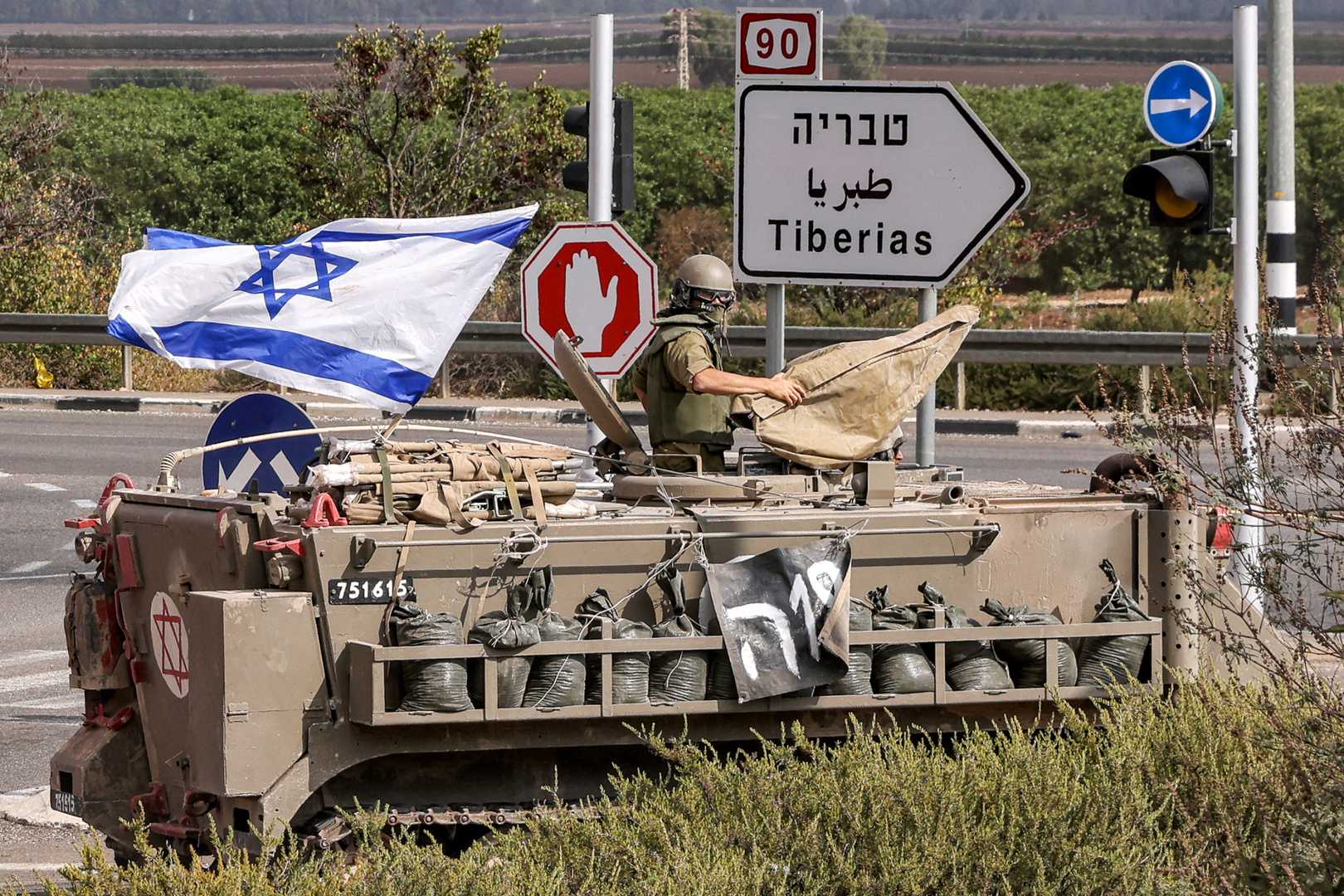News
Netanyahu Urges Lebanon to Oust Hezbollah Amid Escalating Conflict

The situation in the Middle East has escalated further as Israeli Prime Minister Benjamin Netanyahu called on the Lebanese populace to dismiss Hezbollah to avert “destruction and suffering like we see in Gaza.” Netanyahu’s appeal on Tuesday came amidst an intensified Israeli military campaign that saw thousands of troops deployed to a new zone in south-west Lebanon. According to the Israeli military, air strikes on Monday resulted in the deaths of 50 Hezbollah members.
Lebanon’s health ministry reported that 36 individuals were killed and 150 injured due to Israeli attacks in the past 24 hours. Meanwhile, Hezbollah fired multiple rocket barrages targeting the Israeli port city of Haifa for the third straight day, which left 12 people injured.
In a video address to the people of Lebanon, Netanyahu urged them to “Free your country from Hezbollah so that this war can end.” He also claimed the Israeli Defence Forces (IDF) had eliminated the successor to Hezbollah’s late leader, Hassan Nasrallah, stating, “We have degraded Hezbollah’s capabilities; we took out thousands of terrorists, including Nasrallah himself, and Nasrallah’s replacement.” However, reports of Hashem Safieddine, a top Hezbollah official reportedly targeted in an Israeli air strike in Beirut last Thursday, remain unconfirmed.
Hezbollah remains defiant, despite enduring three weeks of intense attacks, as Lebanese officials claim more than 1,400 people have been killed and another 1.2 million displaced. Naim Qassem, Hezbollah’s former deputy, emphasized that the group’s capabilities remained “fine” despite these “painful blows.”
Israel intensified its offensive in response to nearly a year of cross-border fighting linked to the conflict in Gaza, seeking to ensure the safe return of residents displaced by Hezbollah’s attacks. The hostilities have been ongoing since Hezbollah commenced rocket attacks into northern Israel on 8 October 2023, following an assault by Hamas on southern Israel.
Alongside the ongoing operations in Lebanon, the IDF confirmed the capture of a Hezbollah “combat compound” in Maroun al-Ras, displaying photos of weapons and equipment purportedly uncovered in the area.
The humanitarian impact of the conflict has sparked international concerns, as highlighted by a joint statement from the UN special coordinator for Lebanon and the UN peacekeeping force. Lebanon’s government reports 1.2 million people fleeing their homes, with significant numbers seeking refuge across borders.
Adding to the turmoil, Israeli airstrikes continue to target Hezbollah sites within Lebanon, including a recent strike in Beirut that reportedly killed a Hezbollah commander, Suhail Husseini. This operation marks another significant blow to Hezbollah’s leadership amid Israel’s aggressive military campaign.
In a recent statement, Hezbollah’s deputy leader reiterated the group’s resolve and operational readiness, emphasizing the reach of their missile capabilities. However, for the first time, he omitted the customary demand for an end to the Gaza conflict as a prerequisite for cessation of hostilities with Israel, indicating a potential shift in stance amid ongoing diplomatic efforts.
The situation remains tense as diplomatic interventions, led by Lebanese Parliament Speaker Nabih Berri, strive for a ceasefire, which Hezbollah has indicated may open the door to further diplomatic negotiations.












